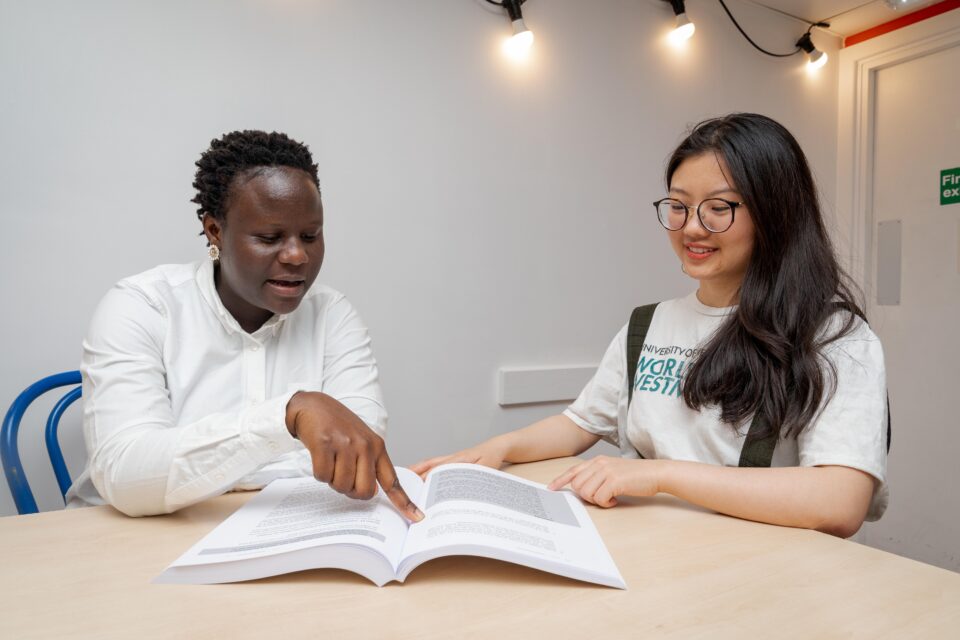Reading week is gone, and mid-term exams are getting closer. Depending on how you spent reading week, you might feel recovered and ready to start preparing for your exams or exhausted and overwhelmed by the amount of work to be done.
Let’s be honest, midterms tend to be one of the worst experiences for any college student. Restless nights of study sessions and exhausted days from the lack of social life. Worst of all is the weight of a grade that could be the difference between success or failure. But don’t worry, no matter how you spent reading week we have a few tips to help you survive mid-term exams in the best way possible.
Make a Schedule
Plan your midterm study schedule ahead of time and mark down checkpoints for you to complete work as the due dates approach. Once you know what’s going to be on the exam or what you need to mention on the assessment, make a list of what topics or question types you need to cover and when you’re going to cover them. Most of all, prioritize what is most important on your to-do list and what can ultimately wait. This will help you stay organized and plan accordingly.
Make sure you have all your deadlines visible and work on one thing at a time. Working on too many assessments at the same time can be overwhelming and cause more stress.
Create a Study Group
Studying with friends makes the process easier because you motivate each other and hold each other accountable. Study groups can also help you study more efficiently, dividing and conquering a chapter outline, for example, can help all of you prepare. Helping your friends with the topics you know well also helps you review and check if you understood the topic correctly and discuss possible questions and answers.
Get a Change of Scenery for Studying
Try studying in the public library, at a coffee shop, or at a study buddy’s house for a change.
Get some fresh air, it can become more and more difficult to get work done there if you are sick of the same surroundings. A change of environment, especially when linked to a change of task, is great for a min-refresh of your brain and gets you up and moving for a little break. Attitude is half the battle, and while the TikTok trend of romanticising your life might seem a little silly, in the right context it does help! If it’s a slow day, take some time to walk around campus and grab a seasonal drink as a treat.
Taking Breaks
Taking breaks between study periods is extremely important so that you can manage your stress levels and not overexert yourself. A burnt-out you is not a productive you. To be able to study well, it’s important to know yourself well and care for yourself, even in the simplest ways of knowing when it’s time to take a break and watch an episode of TV or packing snacks to the library- you’d be surprised how much it can make a difference when you take simple steps for well-being.
Find what works best for you it could be small breaks every hour or so, or longer breaks after finishing a task. Sometimes it might seem like you don’t have enough time to eat, sleep, or work out, but the reality is that eating and going to the gym will only take about two hours out of your day, and staying fuelled will make you more productive when you are studying.
Make sure you make time for socializing and don’t isolate yourself for too long, going for a walk and coffee with friends or food can help you recover and feel ready to get back to work.
Sleep
Eight hours of sleep is essential, especially the night before the midterm.
If you feel you work better at night and it is easier to focus, then make sure you get enough sleep in the morning and don’t wake up early. On the other side, if you are a morning person get up early in the morning but go to bed early and have enough sleep.
All-nighter after an all-nighter, coffee after coffee will not benefit you in the long run but rather result in your lack of focus when you need it most. Chugging caffeine and energy drinks will mess with your sleep cycle in the long run, don’t do it!
Take Advantage of Office Hours
Sometimes the material doesn’t click, or it’s a struggle to keep up. In these situations, don’t be afraid to ask for help. You can get helpful insight into what the exam will be about or how to best prepare. One-on-one instruction is usually much more effective than simply relying on the instruction you receive in the lecture hall. Maybe you have some questions regarding an assessment or need more guidance on how to develop your ideas. Instructors are there to help you and support you in learning the material. If help is needed, and it’s within reason, then go ask for help.

